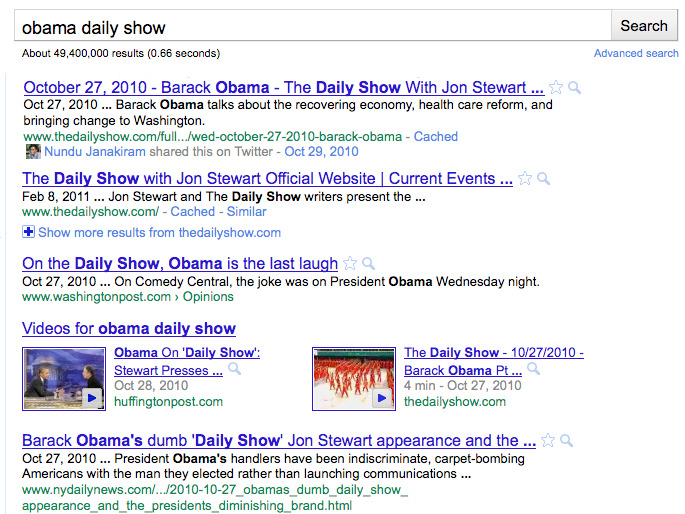Is the future of search social?
Friends can help - if you have the right friends

Sign up for breaking news, reviews, opinion, top tech deals, and more.
You are now subscribed
Your newsletter sign-up was successful
Fresh from helping us block content farms from search results, Google has a new wheeze: more social search. Now, when you search the web you can bring your friends with you.
Don't worry. Your friends won't be virtually watching over your shoulder as you search for naked midgets covered in coleslaw or ask Dr Google about unpleasantness in your unmentionables.
Rather, Google will refine search results based on what your friends have shared online. It's offered a social element for a while, but it's more useful now and more prominent.
It's a clever idea. When I'm thinking about booking a holiday, my friends' recommendations of kid-friendly resorts mean more to me than any brochure's blurb or travel site's summary - and my friends' photos of cockroaches the size of dogs can help me avoid the holiday from hell.
Leaving aside the obvious privacy implications - it doesn't work if you don't give Google access to your social links, so it's yet more information the firm's storing about you - and the fact Facebook isn't included because it and Google are still having a fight, I can only think of one teeny-weeny little problem.
My social graph is too squiggly.
Social not working
Sign up for breaking news, reviews, opinion, top tech deals, and more.
The problem I have with social networks is I'm too nice. I don't want to offend anyone. So when I get a friend request from somebody I last spoke to 22 years ago, and whose only real connection with me is that I really fancied their sister, I don't want to dismiss them; I find it's more polite to accept the request than to ignore it or refuse it. If someone I've contacted through work pops up with request, I'll add them too.
Bring Twitter into the equation and things get even more complex. I follow a few hundred people who are interesting in various ways. But just because I care what they think about, say, Nokia or HTML5 or Ford Mondeos doesn't mean I give a hoot about their taste in music, their favourite kind of jumper or their opinions on Israel. Quite the contrary: I often find people I follow posting links to things that are variously idiotic, annoying or occasionally, downright frightening.
It's not Google's problem so much as social networking's problem: we connect to people in different ways for different reasons, and social networks aren't very good at differentiating between, say, your soulmate and someone you only know because the two of you went to the same U2 gig in 1992.
How does Google know which one's which?
Solving that problem won't be easy, but maybe it doesn't need to be solved.
Rather than using my social graph to refine my Google searches, I'd prefer to use a social search engine that can find things across the various social networks I use. That's exactly what Greplin offers - and it does it really, really well. Google's asking the right questions, but I suspect Greplin is the one with the answers.

Contributor
Writer, broadcaster, musician and kitchen gadget obsessive Carrie Marshall has been writing about tech since 1998, contributing sage advice and odd opinions to all kinds of magazines and websites as well as writing more than twenty books. Her latest, a love letter to music titled Small Town Joy, is on sale now. She is the singer in spectacularly obscure Glaswegian rock band Unquiet Mind.